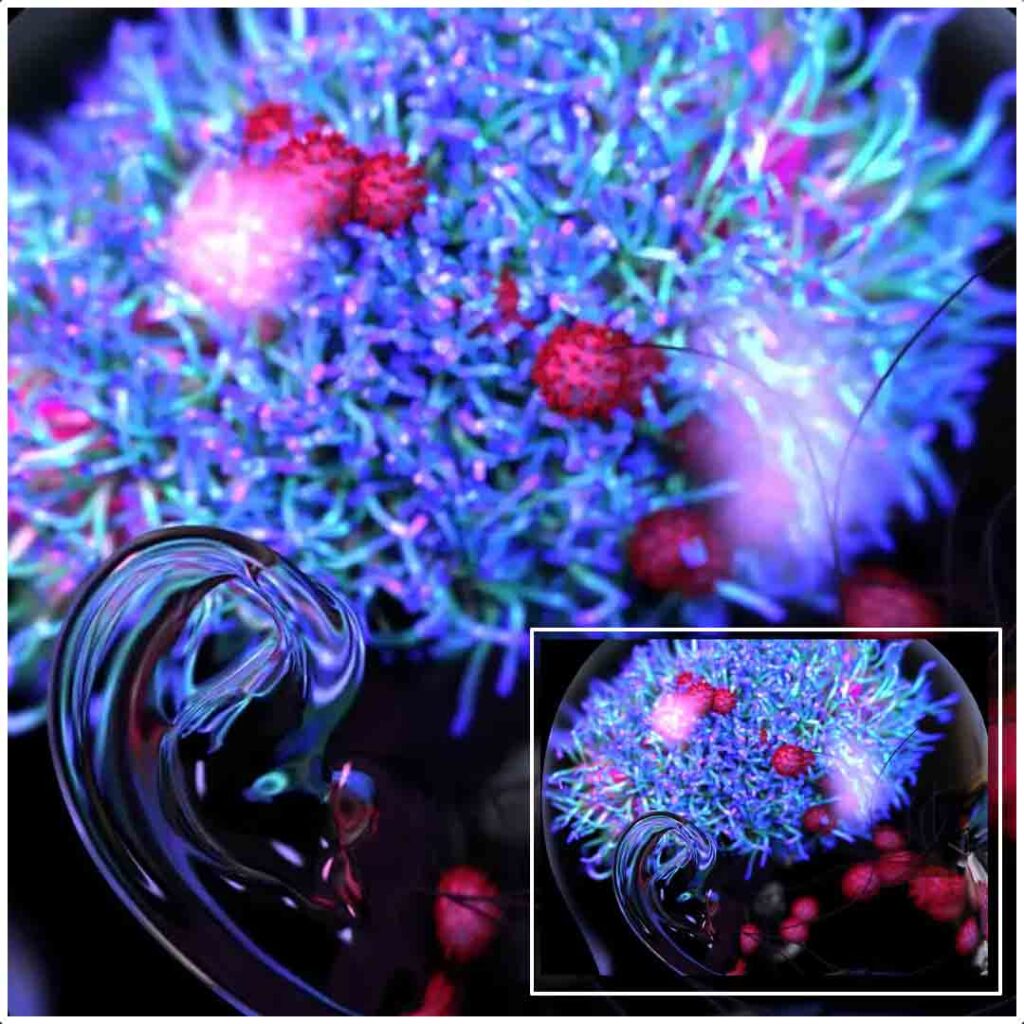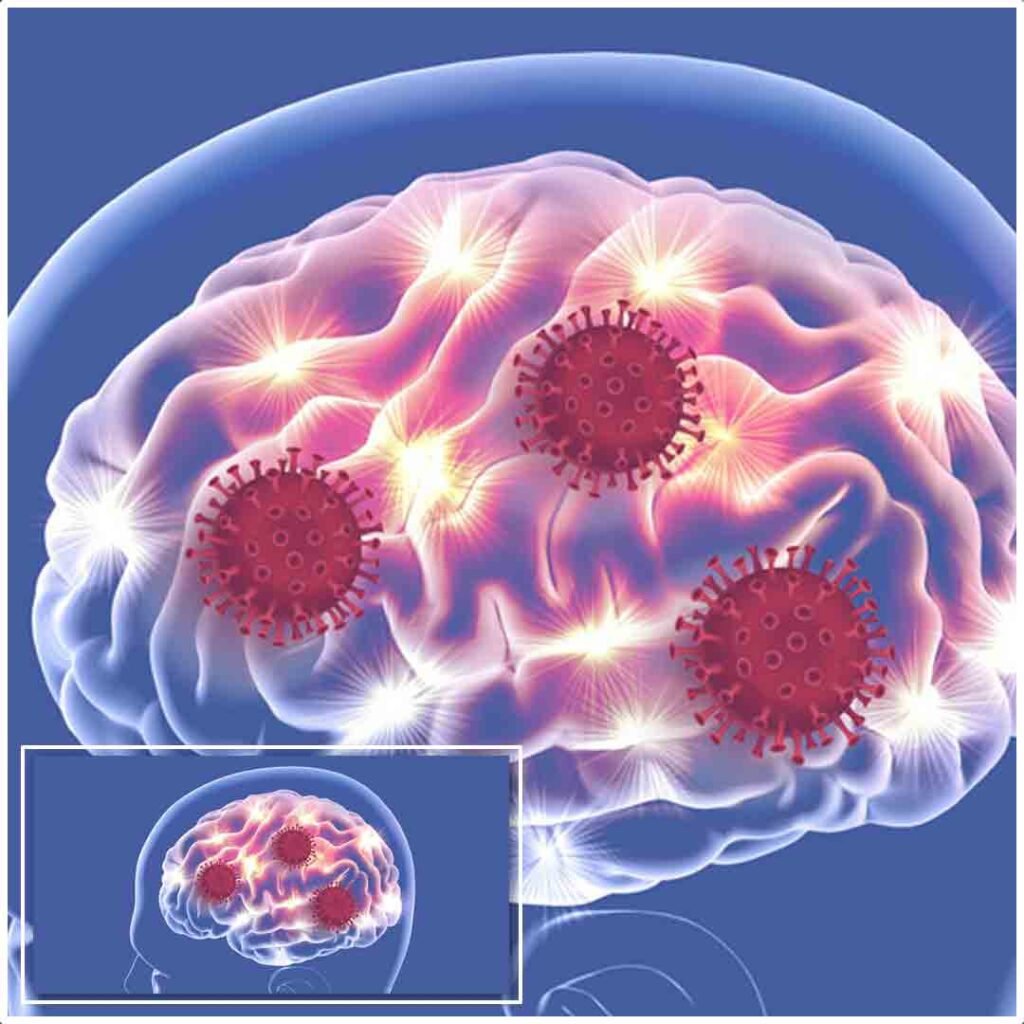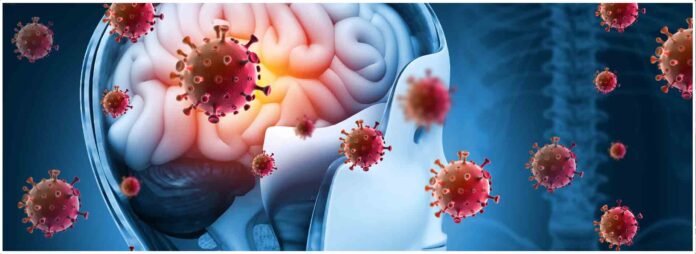The picturesque state of Kerala, known for its natural beauty and vibrant culture, has recently found itself grappling with a renewed threat – the Nipah virus. A day after confirming the third case of Nipah infection in Kozhikode district, the number of cases has surged to five, leaving the state’s health authorities on high alert. This blog delves into the unfolding Nipah outbreak in Kerala, exploring the latest developments, the response of health authorities, and the potential implications of this resurgence.
The Nipah Virus: A Lurking Menace
Nipah virus, a zoonotic pathogen, made its first ominous appearance in Malaysia in 1998. It is primarily transmitted from animals to humans, often through the consumption of contaminated fruits or close contact with infected animals. The virus can subsequently spread from human to human, posing a significant threat to public health. What makes Nipah particularly concerning is its high mortality rate, which, in some strains, can be as high as 70%.

The Current Outbreak
The latest outbreak of Nipah virus in Kerala began with a confirmed case, followed by two more, and now, alarmingly, the number has risen to five. This escalation of cases is raising considerable concern among health authorities and the general public. One of the most unsettling aspects is that a healthcare worker from a private hospital has tested positive for the virus, highlighting the vulnerability of those on the front lines of healthcare.
Contact Tracing: A Vital Response Measure
In response to the outbreak, the State Health Department has taken swift action by compiling a contact list of 789 individuals who were in close proximity to the infected patients. This proactive approach aims to identify potential carriers of the virus and mitigate further transmission. By tracing these contacts, health authorities hope to contain the outbreak and prevent its spread to other regions within and beyond Kerala.
A Detailed ‘Route Map’
As part of their efforts, the health department has released a comprehensive ‘route map’ detailing the travel history of the two deceased individuals from the moment they began exhibiting symptoms. This information is crucial in understanding the possible sources and routes of transmission, aiding in the containment and prevention of further cases.
Preventive Measures: Events Restricted
To prevent the virus from spreading further, the government of Kerala has imposed restrictions on large gatherings and events in the Kozhikode district until September 24. This decision is a necessary precaution to minimize the chances of large-scale transmission during public gatherings.
ICMR’s Role: Monoclonal Antibodies
The Indian Council of Medical Research (ICMR) is expected to provide monoclonal antibodies for the treatment of infected individuals. Monoclonal antibodies have shown promise in treating various viral infections, including COVID-19. Their deployment in Nipah cases underscores the urgency and severity of the situation.

Strain Identification: The Bangladesh Strain
Health Minister Veena George has revealed that the Nipah cases in Kerala are linked to the Bangladesh strain. While this strain is considered less infectious compared to some other variants, it carries a dauntingly high mortality rate of 70%. This revelation emphasizes the need for immediate and effective containment measures.
Conclusion: Battling Nipah Together
As Kerala grapples with the resurgence of Nipah virus cases, it is imperative that health authorities, the government, and the public work together to contain the outbreak. The proactive response demonstrated in contact tracing, route mapping, and restrictions on public events is a testament to Kerala’s commitment to public health.
In these trying times, it is essential for everyone to stay informed, follow recommended safety measures, and support the efforts of healthcare workers and authorities. The Nipah outbreak in Kerala serves as a stark reminder of the ever-present threat of infectious diseases and the need for preparedness and vigilance in the face of such challenges.






















